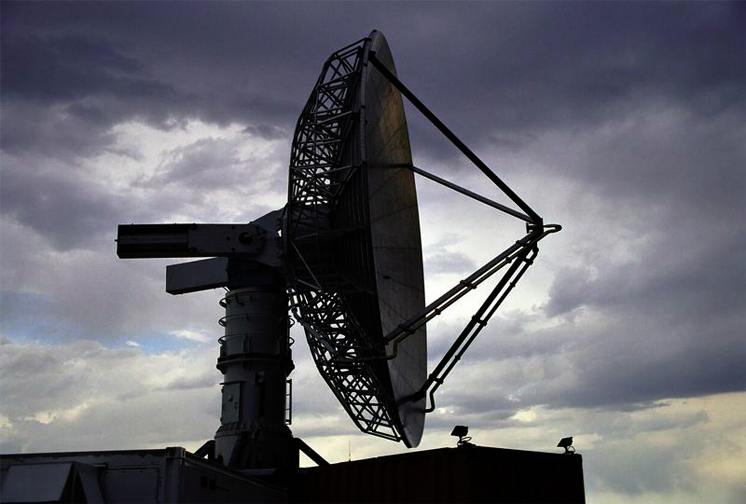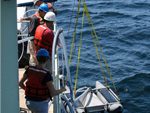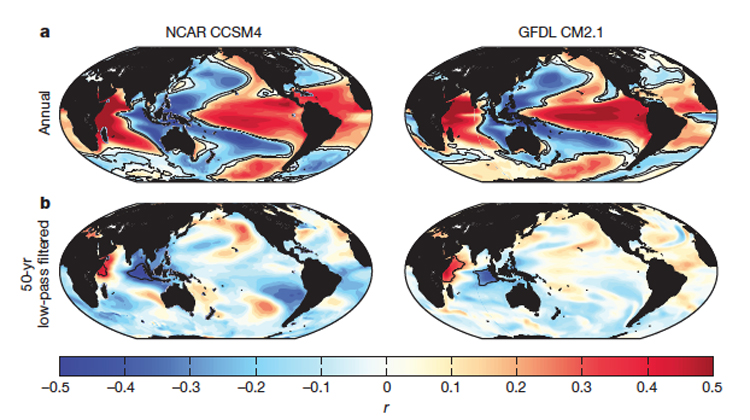This webinar is part of a series featuring NOAA Climate and Global Change (C&GC) Fellows in the NOAA Science Seminar Series. C&GC is supported by NOAA’s Climate Program Office and managed by The Cooperative Programs for the Advancement of Earth System Science (CPAESS) within the University Corporation for Atmospheric Research (UCAR). Mukund Rao is an ecoclimatologist who researches the interactions between climate change and natural and human ecosystems. He is currently working on projects related to the forest carbon cycle, the vulnerability of boreal forests to increasing heat waves, and the use of dendrochronology to understand past environmental change and timber transport.
This talk will explore how increases in extreme heat events due to climate change may threaten the ability of the Eurasian boreal forests to continue to sequester carbon. Mukund will also highlight the importance of measuring both photosynthesis (carbon uptake) and tree-growth (carbon accumulation) simultaneously to forecast the fate of forest carbon. Our definition of the ‘growing season’ in oak forests is typically based on visual cues of leaf changes in the spring and autumn. Oak forests are distributed widely across the northern hemisphere. Using leaf level photosynthesis measurements and remote sensing, Mukund will show evidence that oak tree-growth and oak photosynthesis occurs asynchronously. Therefore, oak trees do not grow through the growing season and estimates of photosynthesis may not provide us sufficient information to estimate the carbon sequestration capacity of forests.





